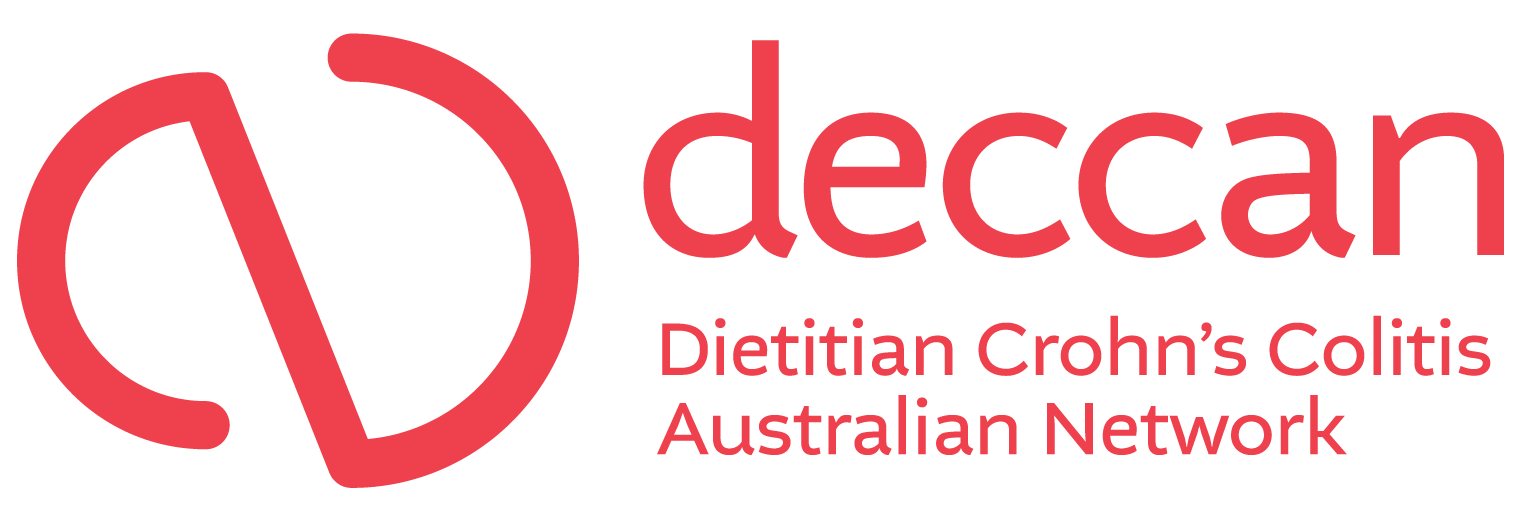Dietitians are qualified professionals with the skills to provide expert nutrition and dietary advice. They translate the latest scientific information into practical advice about what to eat. Dietitians have university qualifications gained from courses accredited by the Dietitians Australia (DA). They keep up to date with new training and education, and meet DA’s guidelines for evidence-based practice.
Dietitians Work In a Range of Fields
Dietitians work across many different fields, including:
- hospitals and nursing homes – Dietitians in hospitals and nursing homes educate patients and family members on eating well. They work with them to make sure that diets meet individual needs. They develop menus to meet patients’ nutritional needs. For example, they adapt menus for people recovering from illness or surgery, or with health conditions like:
- gastrointestinal conditions, including inflammatory bowel disease (IBD), irritable bowel syndrome (IBS),coeliac disease
- diabetes
- heart disease
- swallowing difficulties
- poor appetite
- private practice and consultancy – Dietitians work with individuals, groups and organisations to provide dietary advice. They run health and nutrition education programs and seminars. They may also provide nutrition and health information to the media
- community and public health – Dietitians work to improve eating habits, health and wellbeing in the community. They also work at state or national levels to influence food policy and improve access to better food choices for everyone.
- food industry – in the food industry, dietitians work to:
- improve the nutritional quality of foods
- develop nutrition education campaigns
- promote food safety
- work with food law and regulations.
- research and teaching – Dietitians investigate the links between food and health. They do this to learn how diet can promote good health and prevent disease. Dietitians also teach in universities
- sports nutrition – Dietitians help athletes, sporting clubs, children and people interested in fitness to eat better. They do this to help them achieve their sporting and fitness goals. For example, they may give advice on how to achieve peak sporting performance, or improve energy and activity levels.
Accredited Nutritionists
A nutritionist may be a tertiary qualified nutrition professional that has the expertise to provide a range of evidence based nutrition services related to nutrition, public health nutrition, policy and research, and community health. It’s important to note that the term ‘nutritionist’ is not regulated. Therefore, this title may be used by dietitians, nutrition scientists and nutrition graduates – and also those with very limited qualifications in nutrition. Accredited Nutritionists are university-qualified nutrition professionals. They have expertise in a range of nutrition services, which may include:
- community and public health nutrition
- nutrition research
- education related to nutrition.
- Accredited nutritionists do not have qualifications in:
- individual dietary counselling
- group dietary therapy, or
- medical nutrition therapy.
You can read more about the Dietitians and Nutritionists roles here.
